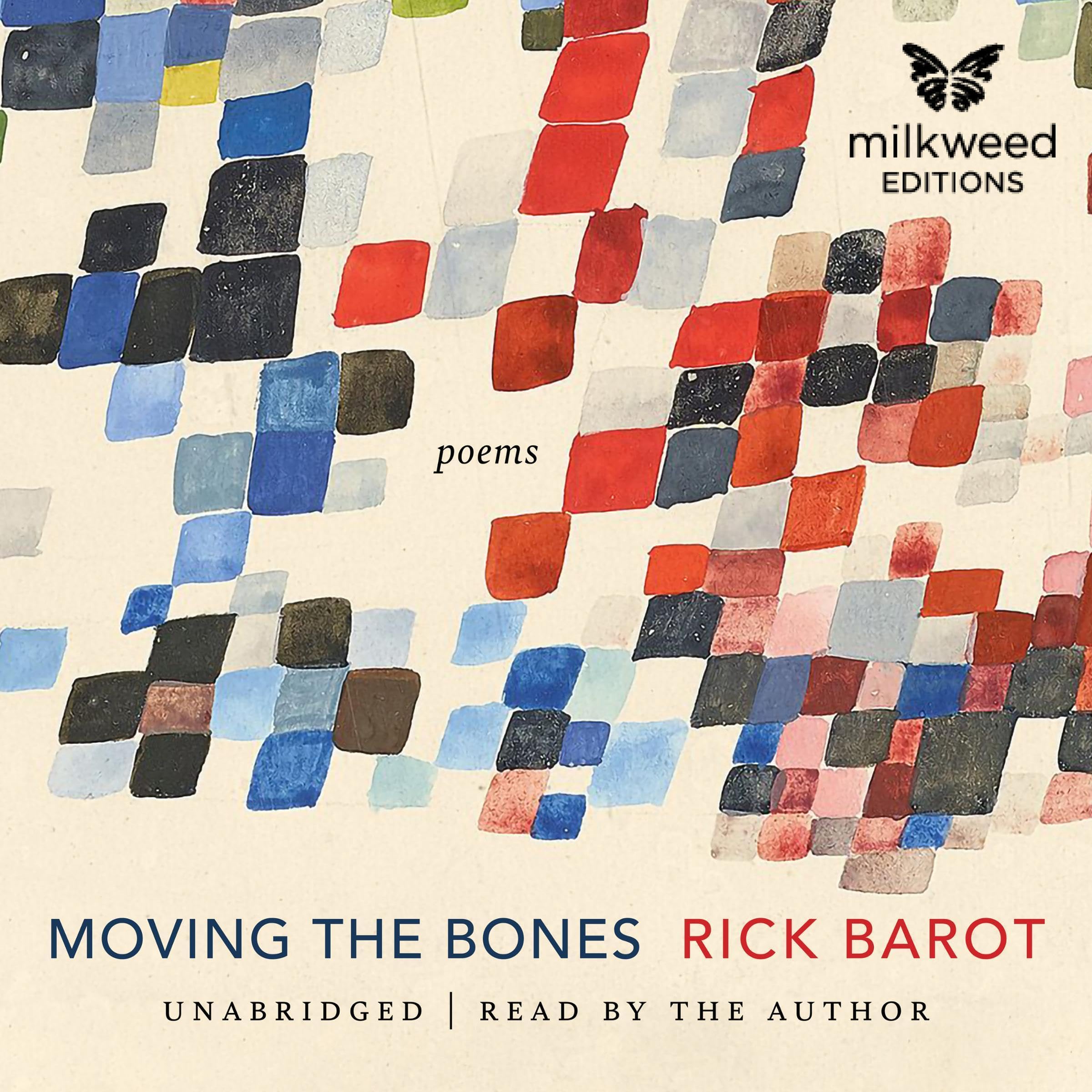What do you think?
Rate this book


Audible Audio
First published October 15, 2024
My mind has a slow metabolism, it is slow
to understand what anything means,
but it understands that if you look at something
long enough, it will have something
to say to you.
During the pandemic, I knew we were in a period of interval so
I considered what an interval meant. The interval we were in
was not like swinging in a hammock on a warm afternoon. It
was not like making a lesson plan to be taught. It was not even
like being inside a car wash and its cleansing tempest. It was
more like Lucky's speech in the middle of Beckett's play, its torrent
of rage and grief, after which the waiting, which was the point after
all, resumed.